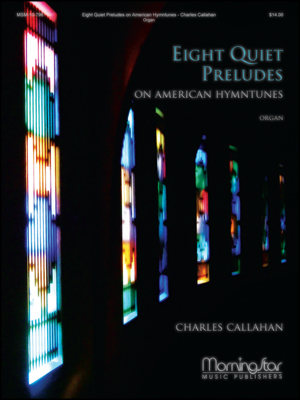- |
User Links
Now with joyful exultation

Now with joyful exultation
Tune: BEECHERPublished in 15 hymnals
Printable scores: PDF, MusicXMLPlayable presentation: Lyrics only, lyrics + musicAudio files: MIDI, Recording
Representative Text
1 Now with joyful exultation
let us sing to GOD our praise;
to the rock of our salvation
loud hosannas let us raise.
Thankful tribute gladly bringing,
let us come before Him now,
and, with psalms His praises singing,
joyful in His presence bow.
2 For how great a God, and glorious,
is the LORD to whom we sing;
over idol gods victorious,
great is He, our God and King.
In His hand are earth's deep places,
also His are all the hills;
His the sea whose bounds He traces,
His the land his bounty fills.
3 To the LORD such might revealing,
let us come with rev'rence meet,
and, before our maker kneeling,
let us worship at His feet.
He is our own God who leads us,
we the people of His care;
with a shepherd's hand He feeds us
as His flock in pastures fair.
4 While He offers peace and pardon,
let us hear His voice today,
lest, if we our hearts should harden,
we should perish in the way;
lest to us, so unbelieving,
He in judgment shall declare:
"You, so long my Spirit grieving,
never in my rest can share."
Source: Psalms and Hymns to the Living God #95
Text Information
Related Texts
| First Line: | Now with joyful exultation |
| Meter: | 8.7.8.7 D |
| Language: | English |
| Refrain First Line: | Thankful tribute gladly bringing |
| Copyright: | Public Domain |
- Year A, Lent, Third Sunday
Psalm 95, Metrical (DS)
Notes
A call to worship God as the LORD of all creation and as Israel's Redeemer, and a warning that worship must be accompanied by a life of obedience.
Scripture References:
st. l = vv.1-2
st. 2 = vv. 3-5
st. 3 = vv. 6-7
st. 4 = vv. 8-11
The Levites sang this psalm in the liturgy of a high festival that annually celebrated the cosmic rule of the LORD (perhaps the Feast of Tabernacles). Worship leaders call the congregation of God's people to praise the LORD (st. 1) as the one true God and the King of all creation (st. 2). As Israel's Maker and Shepherd, the LORD is to be worshiped reverently (st. 3) and served in humble obedience. God warns the people not to harden their hearts as their ancestors had done in the wilderness (w. 8-10). The people will enter into the LORD's promised "rest" only if they live according to God's will (st. 4). The versification (altered) is from the 1912 Psalter. Another setting of Psalm 95 is at 173.
Liturgical Use
During Lent; beginning of worship (st. 1-3); during the service of confession (st. 4).
--Psalter Hymnal Handbook, 1988
Tune
BEECHERJohn Zundel's BEECHER (named after Henry Ward Beecher, his pastor) was first published in his Christian Heart Songs (1870) as a setting for Charles Wesley's "Love Divine, All Loves Excelling" (568). The tune is also known as ZUNDEL. Approximating the shape of a rounded bar form (AA'BA'), BEECHER is…
[Now with joyful exultation]
Timeline
Arrangements
Media
- MIDI file from The Cyber Hymnal #4666
- Audio recording from Lift Up Your Hearts: psalms, hymns, and spiritual songs #512
- Audio recording from Lift Up Your Hearts: psalms, hymns, and spiritual songs #512
- Audio recording from Lift Up Your Hearts: psalms, hymns, and spiritual songs #512
- Audio recording from Lift Up Your Hearts: psalms, hymns, and spiritual songs #512
- MIDI file from Psalter Hymnal (Gray) #95
- MIDI file from Psalter Hymnal (Gray) #95


 My Starred Hymns
My Starred Hymns





